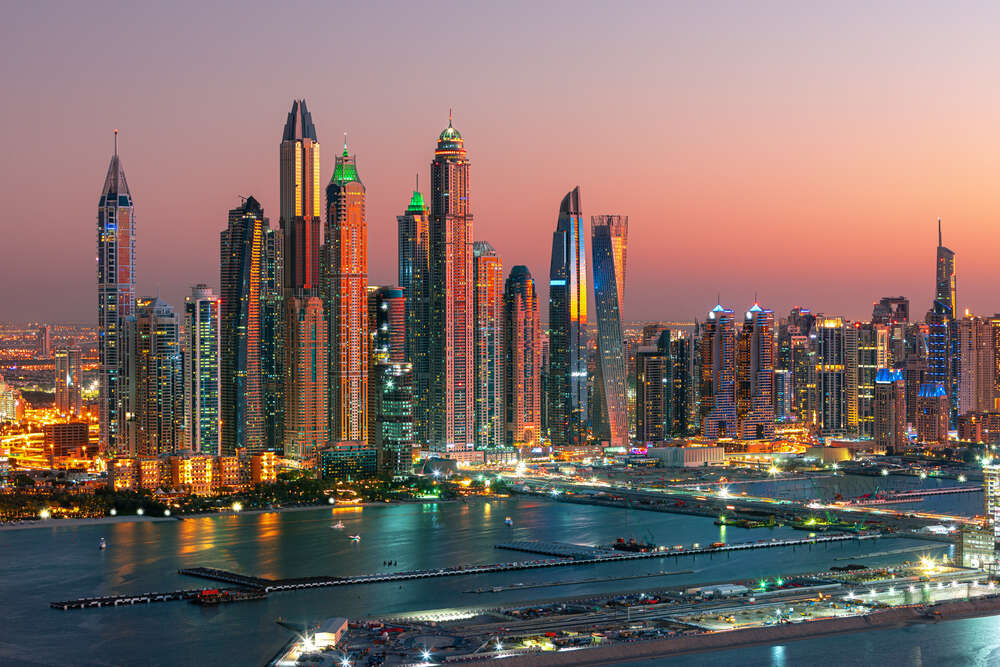
The economics of a country is heavily impacted by its government. Due to their limited geographic reach, charter city governments are allowed to undertake more major reforms than would otherwise not be possible as a charter city is a new city with the ability to construct a new municipal organisation and pass new political and administrative legislation.

These developments are not a novel concept. Dubai, for instance, is an example of a city that has effectively exploited urbanisation to alleviate poverty. A lot may change over the period of two or three generations. Shenzhen, though a special economic zone, also resembles the ethos of a chartered city.
Charter cities have a unique position in society because they could have the power to better the financial situation of millions of people.
How do charter cities work?
The main characteristic of charter cities is to aim to improve government in a specific area by forming their own judicial, administrative and business practices. This may help to foster a competitive business environment that draws investment and promotes economic development in developing countries, enabling them to become wealthy more quickly than in the past.
They function based on the fact that they are privately owned and run cities where everything from healthcare, education, and the police force to the legislature and the judicial system is managed by a private business answerable solely to itself instead of the state.
Charter cities are comparable to freeports, which are independent areas inside the boundaries of the UK, for example, where specific and unique economic restrictions apply.
In the US, where the concept was initially realised, organisations like The Heritage Foundation, Charles Koch and hedge fund specialist Robert Mercer have all previously voiced their support. The Adam Smith Institute, the Taxpayers’ Alliance (TA), and the Institute for Economic Affairs (IEA) are the most prominent supporters in the UK.
Are charter cities a bad thing?
Charter cities and freeports revolve around promises of major economic development and poverty abolition; however, there are arguments against this.
Charter cities are one kind of special economic zone (SEZ). Another example of an SEZ is the aforementioned Shenzhen, which has been heavily criticised for alleged violation of human rights, critical working conditions and crime.
Some SEZs, such as Honduras‘ Prospera model city, may be classified as charter cities. However, they were rejected because the Zones of Economic Development and Employment (ZEDE) laws violated the country’s constitution.
“Research has shown governance and effective institutions are key factors for long-term economic development and major determinants of a country’s standard of living. Improving institutions is one of the most effective ways to lift people out of poverty,” said the charter city supporter organisation Charter Cities Institute. Globally, there will be an additional 2.5 billion urban residents by 2050, the vast majority of whom will live in the global south. Slums, poverty, appalling living conditions, and a lack of employment possibilities would therefore become more pervasive. Charter cities may be advantageous in this sense.
Both charter cities and freeports also have a lot of criticism on their shoulders. It is claimed that their structure would undermine labour and environmental regulations, as well as being economically exploitative and imperialist.
Some criticism also stems from the opinion that charter cities are essentially a ploy to “enrich the rich” and “increase inequality”. The concept of ZEDEs is not generally embraced by the public since establishing one would need absolute transparency from governments, which may not always be possible.
Will the UK have charter cities?
It is crucial to keep in mind that freeports come in a range of shapes and sizes, and those located within the EU are subject to EU regulations. As a result, UK freeports may take on diverse forms while still adhering to World Trade Organisation regulations.
Although there are no charter cities currently in the UK, the notion of low-tax, low-regulatory investment zones was promoted by Liz Truss when she was briefly prime minister.
In any event, these kinds of projects could attract more organised crime and other criminal activity like money laundering, while delivering little advantage to the governments that host them. In the UK, the general opinion appears to be against charter cities currently.
[Read more: So what’s with all these new planned cities?]






